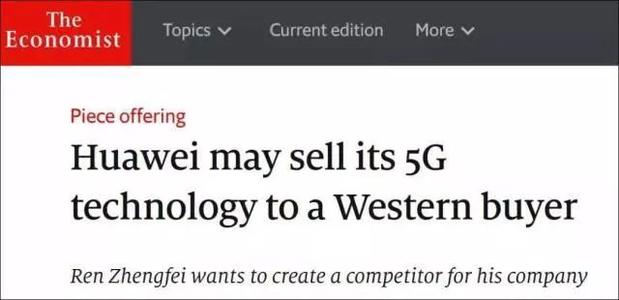The text of the ratification of the japan-us digital trade agreement, a digital domain rule formulated by the Japanese and us governments, will be submitted to the house of representatives foreign affairs committee for substantive consideration on June 6, Japanese media said. The rules prohibit countries from requiring disclosure of passwords used to hide corporate technology and information, the first time a global ban has been written into a digital agreement. Japan hopes to use the pact as a template for setting rules in the digital realm to contain China.
According to the nikkei business daily on November 6, the japan-us digital agreement was reached at the same time as the japan-us trade agreement during the japan-us summit in late September. Once approved by the Japanese parliament, it will take effect on January 1. The United States is pushing for digital rules in trade negotiations with countries. The japan-u.s. talks were proposed by U.S. trade representative Robert lighthizer to then-secretary of state for economic regeneration yasutoshi mogi in April. Prime minister Abe himself has expressed a desire to set digital rules, and the two countries finally reached a consensus in three months of substantive negotiations.
According to the report, the ban on public passwords is mainly aimed at China. Passwords are indispensable to cyberspace, personal computers, and electronic authentication systems, helping to enhance the security of information.

"Japan will play a leading role in international rulemaking concerning the flow of data," motegi stressed. The japan-us digital trade agreement is already leading the way in this area." The two governments want the agreement to be enshrined in the rules of the world trade organisation, where China and other emerging countries are members.
Global cross-border data flows have surged 40-fold in the past decade. With advances in artificial intelligence and robotics, cross-border rules are becoming increasingly important. Prime minister Abe proposed international rules at the g20 summit in Osaka in June, setting the course for the wto ministerial meeting next June.
America, which has many big information-technology firms, is keen to set rules that prevent interference with business. In the context of accelerating data volume, who is in charge of setting the rules may greatly influence the direction of the world economy.
The deal also includes exceptions, such as the right to require disclosure of algorithms when antitrust issues arise. Japan adheres to the principle of not impeding free enterprise activities, but also advocates restrictions on large enterprises that monopolize the market. Striking a balance between competition and regulation in developing digital rules will not be easy, and is expected to be the focus of congressional debate.

